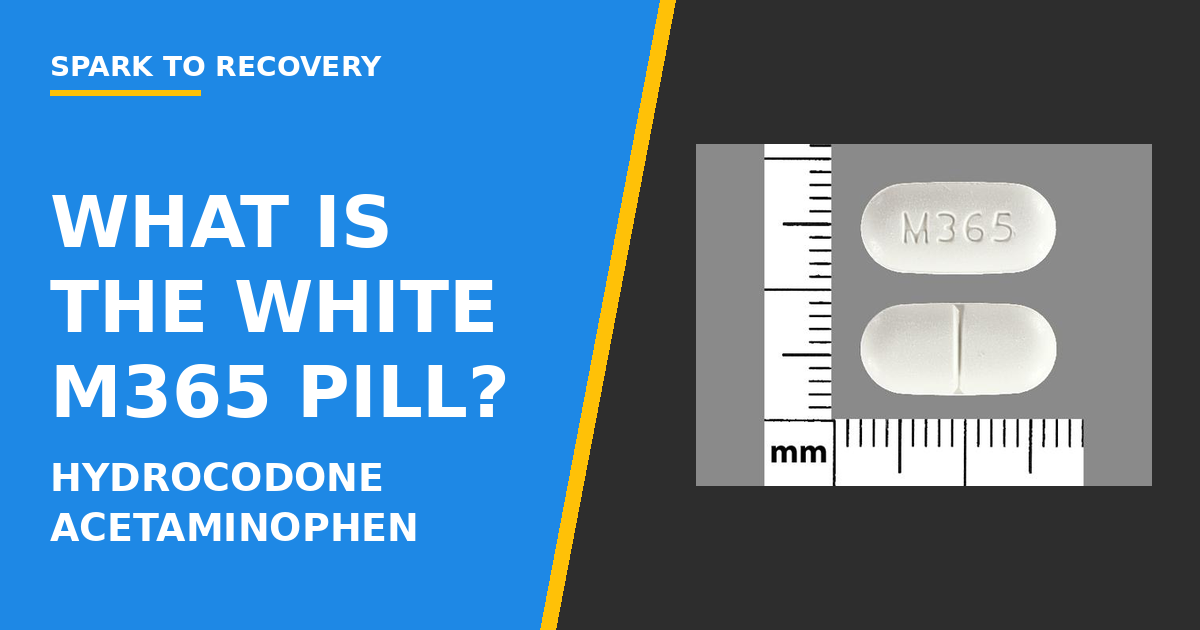Introduction
Embarking on the journey of recovery from challenges such as addiction or mental health issues is a courageous step, and for many individuals, having a partner by their side can make a significant difference. In this context, couples counseling emerges as a vital and transformative component in the recovery process.
Organizations like the American Association for Marriage and Family Therapy offer valuable resources for couples seeking guidance in their recovery process.
It goes beyond individual therapy, focusing on the dynamics between partners and addressing the unique challenges that arise in relationships affected by issues like addiction. Let’s delve into the crucial role of couples counseling in fostering healing and resilience.
Understanding the Role of Couples Counseling in Recovery
1. Strengthening Support Systems
One of the key aspects of couples counseling in the recovery journey is the establishment and fortification of robust support systems. Addiction and mental health challenges often take a toll on both individuals within a relationship. Couples counseling in Los Angeles provides a safe and structured space for partners to openly communicate, share their struggles, and actively engage in supporting each other’s recovery.
In the quest for support, couples counseling becomes a vital pillar. Understanding various treatment approaches for drug addiction is crucial, and professional resources from the National Institute on Drug Abuse can shed light on effective strategies.
Couples Counseling: A Supportive Haven
The therapeutic setting of couples counseling serves as a haven where partners can express their feelings without judgment. The trained therapist facilitates a supportive atmosphere, encouraging open dialogue and the sharing of vulnerabilities. This emotional support is invaluable, creating a foundation upon which the couple can navigate the complexities of the recovery journey together.
Navigating Challenges as a Team
Recovery is a journey filled with ups and downs, and having a united front is crucial. Couples counseling equips partners with effective communication tools and coping strategies, empowering them to navigate challenges as a team. By fostering a sense of togetherness, couples counseling contributes to the strength and resilience needed to overcome obstacles on the path to recovery.
Understanding the Role of Couples Counseling in Recovery:
1. Strengthening Support Systems
Couples Counseling: A Pillar of Support in the Recovery Journey
Embarking on the path of recovery is a transformative and often challenging experience, and the significance of a strong support system cannot be overstated. Couples counseling plays a pivotal role in creating and reinforcing this support system. By providing a structured and empathetic environment, couples counseling becomes a haven where both partners can openly share their experiences, fears, and aspirations.
In the context of addiction or mental health challenges, the impact is not limited to the individual; it reverberates through the relationship. Couples counseling acknowledges this interconnectedness and offers a dedicated space for partners to understand and navigate the complexities of the recovery journey together. The therapeutic setting encourages mutual understanding, fostering emotional support that becomes a cornerstone for individual and collective healing.
2. Enhancing Communication Skills
The Healing Power of Communication in Couples Counseling
Effective communication is the lifeblood of any healthy relationship, and in the context of recovery, it takes on a profound significance. Couples counseling focuses on enhancing communication skills, recognizing that clear and empathetic dialogue is essential for a healthier recovery journey for both partners.
Improved communication within the therapeutic setting allows partners to express their needs, concerns, and aspirations more effectively. Therapists guide couples in developing active listening skills, promoting understanding, and fostering a non-judgmental atmosphere. This newfound communication proficiency strengthens the connection between partners and lays the groundwork for resolving conflicts and navigating the challenges that may arise during the recovery process.
3. Identifying and Addressing Triggers Together
Collaborative Triggers Management through Couples Counseling
Recovery is often impeded by triggers—those specific situations, emotions, or events that can reignite negative behaviors or thoughts. Couples counseling provides a unique platform for partners to collaboratively identify and address these triggers. Through guided discussions and therapeutic interventions, couples gain insights into each other’s triggers and learn effective strategies to manage them.
The collaborative nature of couples counseling empowers partners to work together in creating a trigger-aware environment. Therapists guide couples in developing personalized coping mechanisms, ensuring that both individuals are equipped to navigate potential challenges while supporting each other’s triggers management. This shared responsibility fosters resilience and reinforces the commitment to a joint recovery journey.
The Impact on Individual and Relationship Well-being
4. Individual Growth and Healing
Couples Counseling: Nurturing Personal Transformation
Within the realm of recovery, individual growth and healing are integral components, and couples counseling plays a transformative role in facilitating this process. The therapeutic alliance formed in couples counseling creates a space where each partner can embark on a journey of self-discovery and personal growth.
Through targeted interventions and guided conversations, couples counseling encourages individuals to explore their emotions, behaviors, and underlying issues. Therapists work collaboratively with each partner, addressing challenges and fostering a deeper understanding of themselves. This self-awareness becomes a catalyst for personal growth, empowering individuals to break free from the constraints of addiction or mental health challenges.
By nurturing the individual’s journey toward healing, couples counseling establishes a strong foundation for collective well-being. As each partner grows and heals, the overall health of the relationship is positively influenced, creating a symbiotic relationship between personal and relational transformation.
5. Rebuilding Trust and Intimacy
Couples Counseling: A Bridge to Trust and Intimacy
Recovery often necessitates the rebuilding of trust and the restoration of intimacy within a relationship. Couples counseling serves as a bridge toward achieving these essential elements for a successful recovery journey.
Trust, once compromised by the impact of addiction or mental health challenges, can be painstaking to rebuild. Couples counseling addresses trust issues through targeted exercises and open dialogue. Therapists guide partners in understanding the roots of mistrust, fostering accountability, and establishing a roadmap for rebuilding trust brick by brick.
Intimacy, which may have been strained, can be rekindled through the therapeutic process. Couples counseling explores the emotional, physical, and relational aspects of intimacy, providing a supportive environment for partners to reconnect on a deeper level. By addressing vulnerabilities, enhancing communication, and fostering shared experiences, couples counseling becomes a catalyst for the revitalization of intimacy.
Strength, resilience, and healing
In the intricate tapestry of recovery, where challenges such as addiction or mental health issues can deeply impact individuals and their relationships, couples counseling emerges as an indispensable thread that weaves strength, resilience, and healing. As we reflect on the transformative role it plays, the significance of couples counseling in the recovery journey becomes abundantly clear.
Throughout this exploration, we’ve delved into the multifaceted contributions of couples counseling, each facet strengthening the foundation of recovery for both individuals and the relationship. Let’s recap the key points that underscore why couples counseling is an essential component of the recovery journey:
Strengthening Support Systems
Couples counseling provides a haven where partners can openly share their experiences, fostering a supportive environment crucial for individual and collective recovery.
Enhancing Communication Skills
Through guided interventions, couples counseling empowers partners to communicate effectively, promoting understanding and creating a healthier foundation for the recovery journey.
Identifying and Addressing Triggers Together
The collaborative nature of couples counseling facilitates the recognition and management of triggers, empowering partners to navigate challenges and foster resilience together.
Individual Growth and Healing:
Couples counseling nurtures personal transformation, fostering self-awareness and growth that contribute to the overall well-being of each partner and the relationship.
Rebuilding Trust and Intimacy
Serving as a bridge to trust and intimacy, couples counseling addresses trust issues and revitalizes intimacy, essential elements for a successful recovery journey.
In conclusion, couples counseling stands not only as a therapeutic intervention but as a guiding force that intertwines the individual and relational aspects of the recovery process. By addressing the unique dynamics within a relationship affected by addiction or mental health challenges, couples counseling becomes an essential catalyst for healing, growth, and the restoration of a resilient partnership.
Contact Us and break free from addiction: Your journey to recovery!



